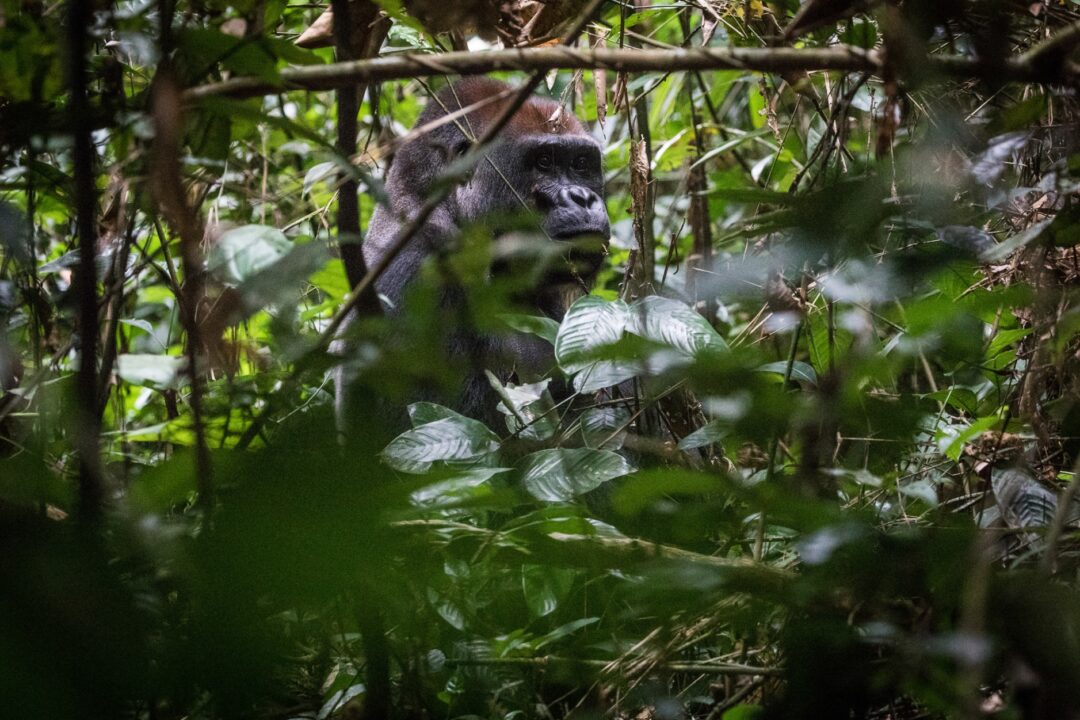SLOW TRAVEL

Overhunting of large-bodied wildlife that eat fruit and disperse large seeds can make forests less able to store or sequester carbon. This is because these animals disperse seeds from tree species with high carbon stock capacity. When these animals are lost, wind-dispersed or small-seeded tree species with lower wood density become more prevalent.

This can lead to long-term losses in above-ground tree biomass of an average of 3-6%, but to as much as nearly 40 percent. The loss of wildlife from hunting also affects total forest carbon storage by removing carbon that is stored in animal bodies. There are already markets that value the carbon sequestration and storage capacity of forests, with REDD+ (Reduced Emissions from Deforestation and forest Degradation) being the most developed.